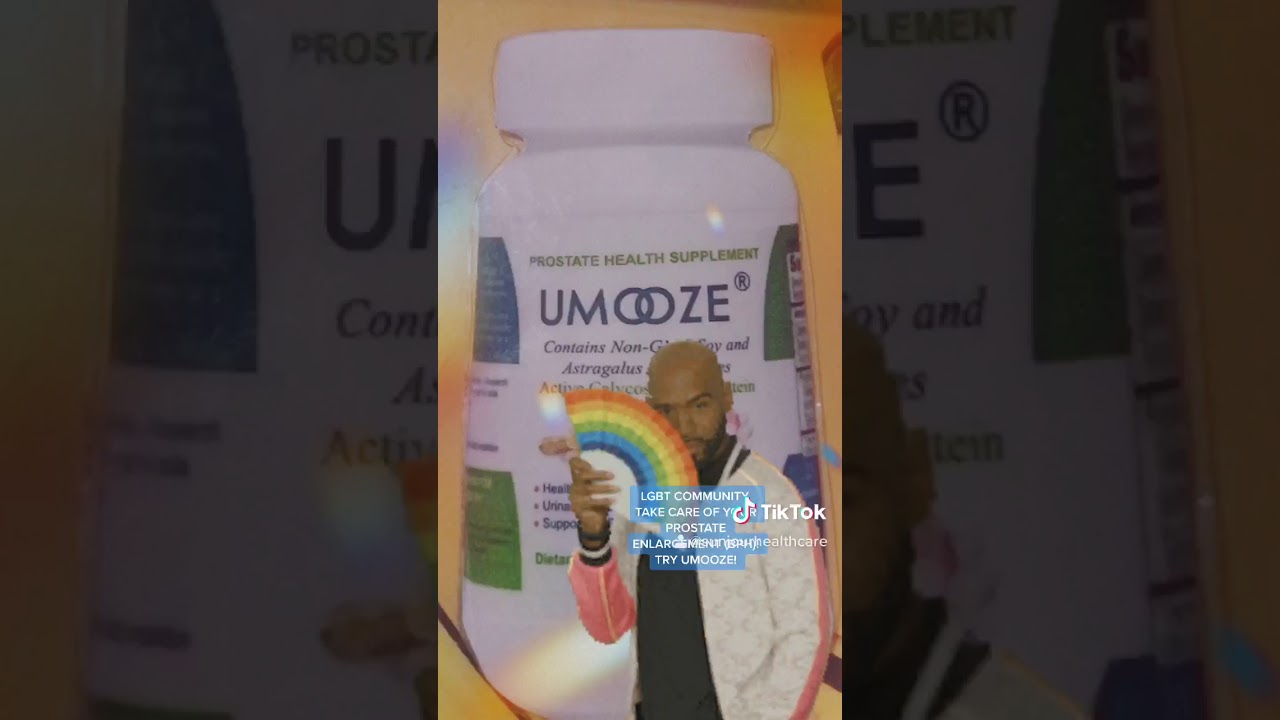CONSIDER #UMOOZE FOR #BPH: https://www.sunjourhc.com/english/umooze.html
June is Men’s Health Month, where we put the spotlight on men’s physical and mental health issues in order to garner more support.
June is also Pride Month, where we honor the history of progress, celebrate the present of the LGBT community, and make strides for continued progress in the future.
For both of these occasions, today we’d like to talk to you about older gay men who may experience BPH. BPH is benign prostatic hyperplasia, the medical term for prostate enlargement. As men get older, they may have to go to the bathroom more often. They may even have to get up a few times at night to go. They may also notice that when they urinate, their stream is weaker or slower than before. If after a doctor visit and prostate check they are told they have BPH, the recommended course of action varies depending on the stage of BPH. When it is found in earlier mild stages, they may practice watchful waiting and recommend healthy lifestyle modifications to properly manage BPH.
Although BPH doesn’t discriminate by sexual orientation, we wanted to share with you information about a study conducted in gay men. In approximately 2015, the medical journal Nature Prostate Cancer and Prostatic Diseases found that gay men, or more specifically, men who engage in sexual intercourse with men, were experiencing more lower urinary tract symptoms (the ones that may occur with BPH and other diseases) compared to men who did not engage in sexual intercourse with other men. This could be due to hygiene, sexual practices, and other factors, but we want to let gay men know that BPH exists, and that their prostate health is important!
Gay men, have you heard of BPH? Were you diagnosed with BPH when you spoke to your doctor? Do you have regular check ups to ensure you have a clean bill of health? Are you getting support from friends, loved ones, and fellow men with BPH?
Living with the discomfort and limitations associated with BPH doesn’t have to reduce your quality of life if we amplify the conversation on men’s health spheres as well as in the gay men’s health spheres. Encouraging more studies and healthier lifestyles can support men!
source
